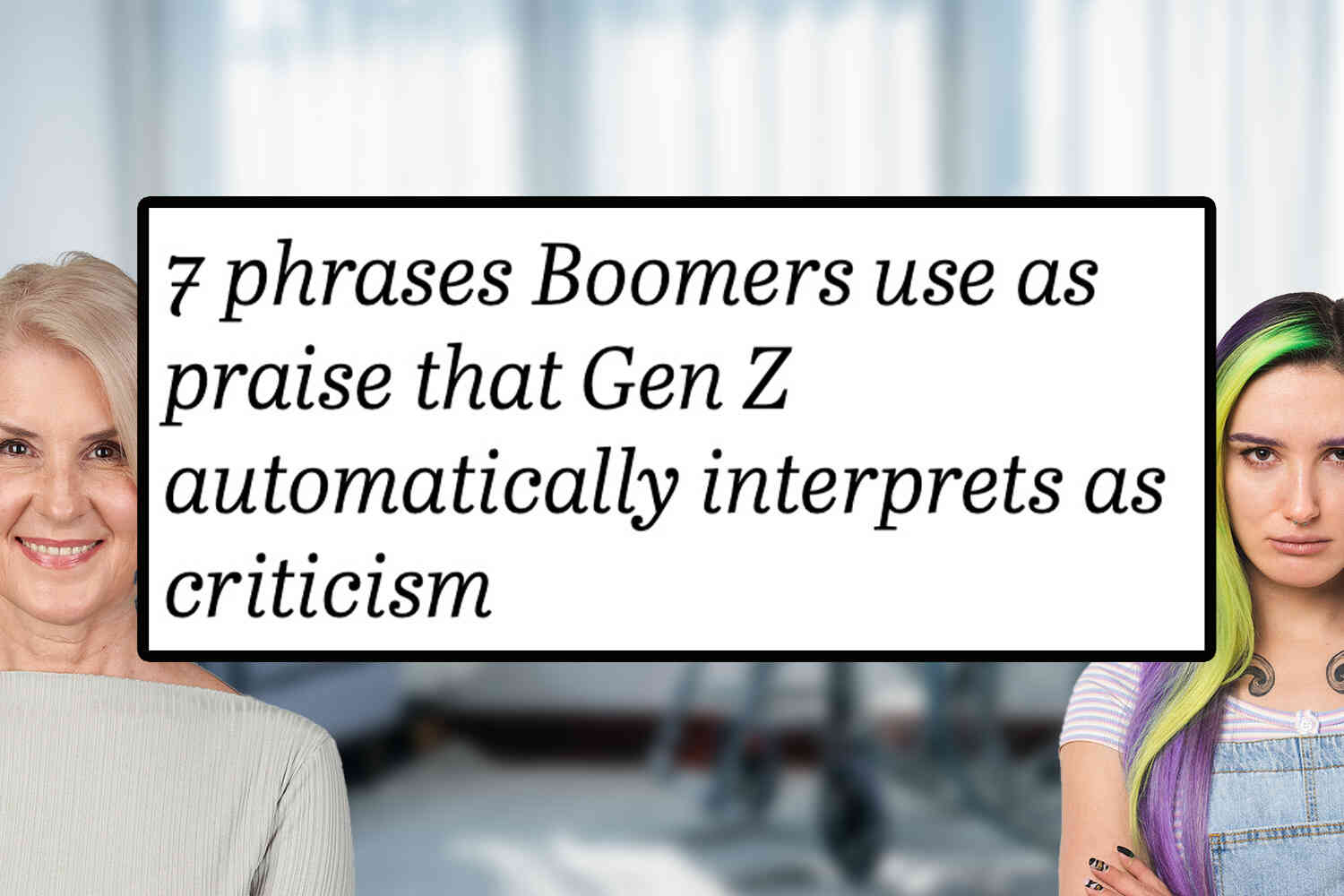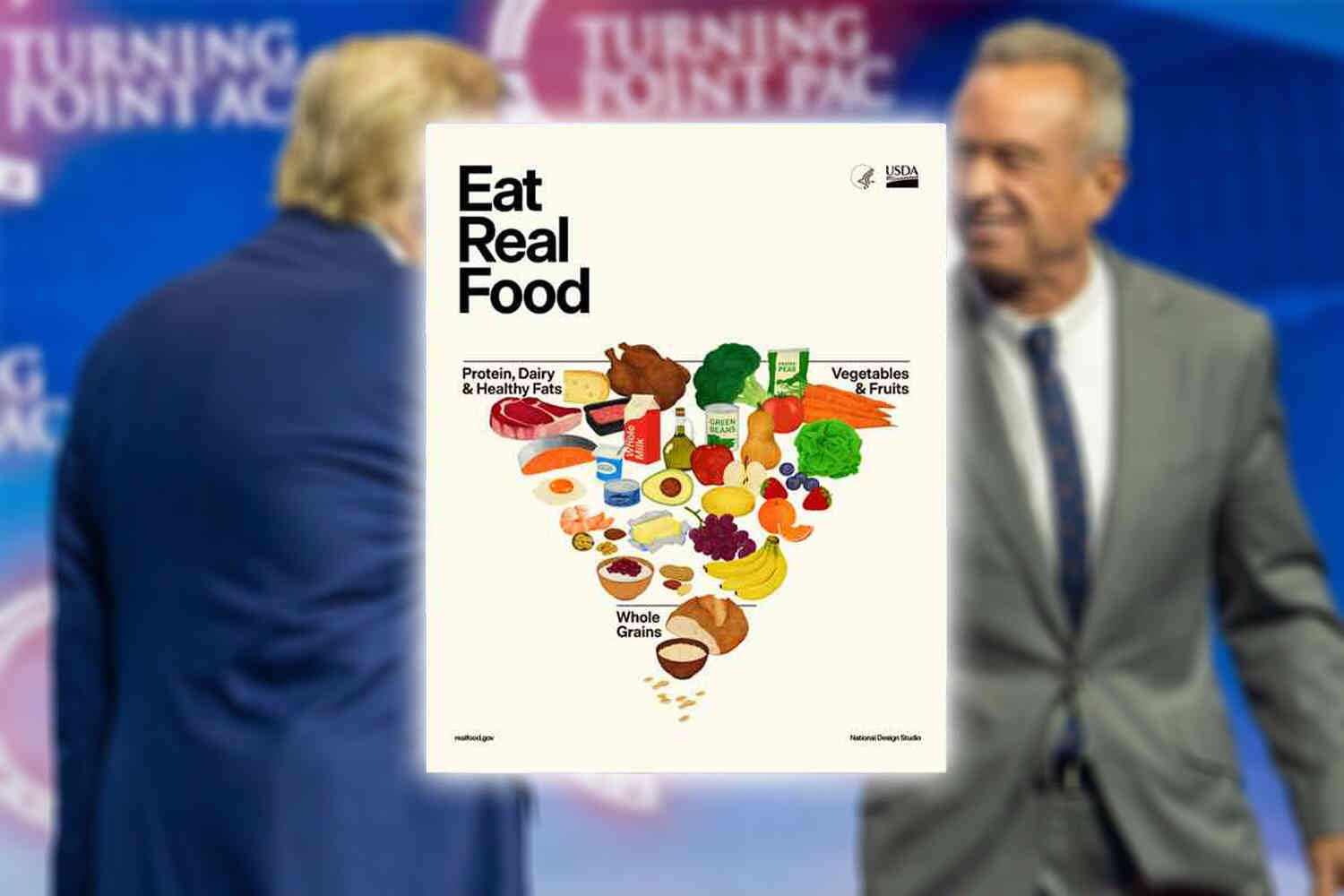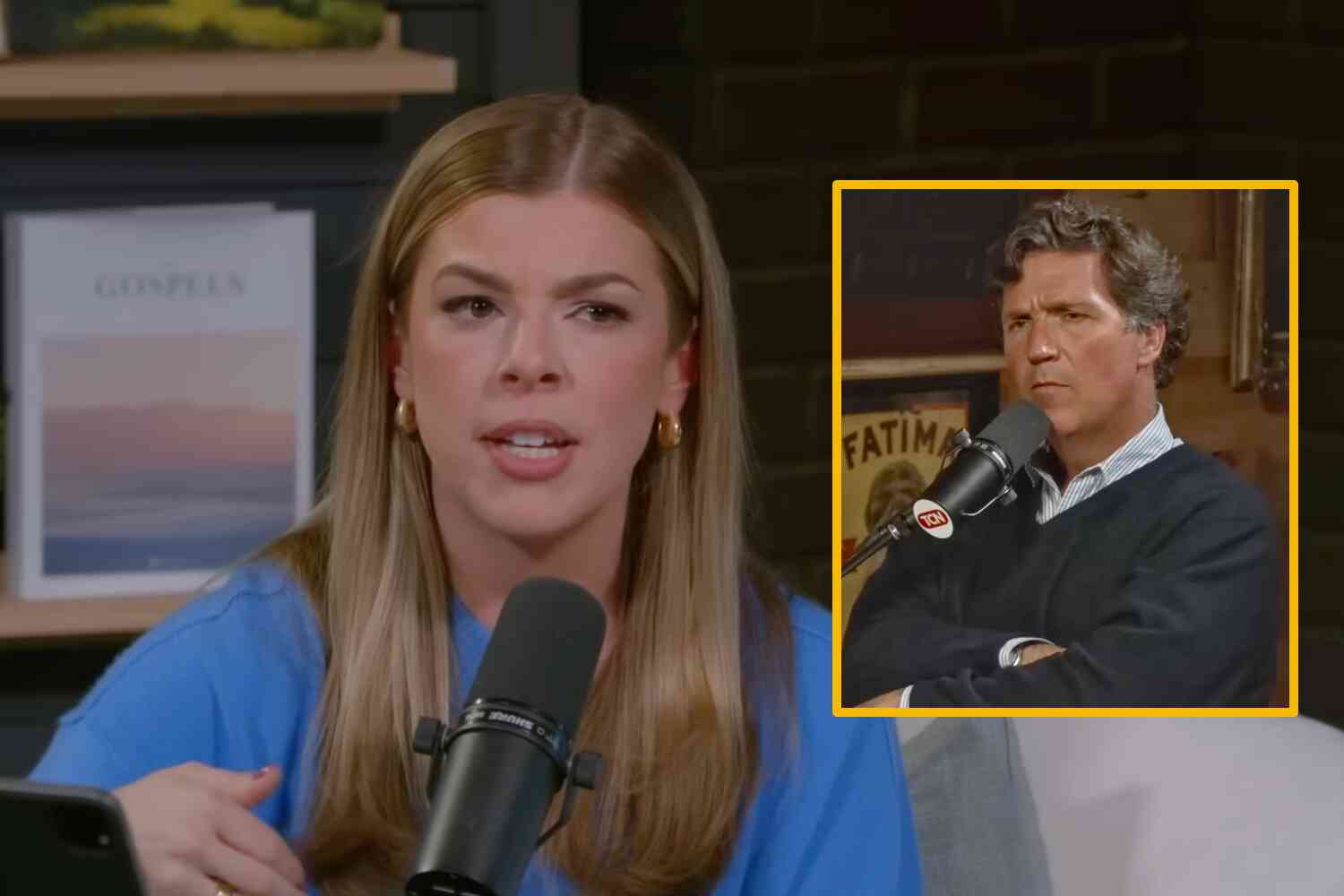Aubrey Clayton is a Ph.D. mathematical statistics researcher.
Oh, and I almost forgot the most important part of his bio:
Aubrey (he/him)
Thanks for clearing that up for us.
Clayton begins his New York Times piece with this revealing passage.
As a parent of three children under 4, I was hit hard by last month's announcement that the Food and Drug Administration was delaying its review of Pfizer-BioNTech's Covid-19 vaccine for children under 5.
Probably almost as hard as if somebody misgendered him which I'm sure, absent declaring his pronouns, probably happens never the time.
Like that of many caregivers guarding young children against the coronavirus, my winter has been full of rapid tests, mask reorders and outdoor play dates in borderline frostbite conditions.
Oh, I get it, you're a child abuser and are hoping for the authorities to intervene before it's too late.

I'm able to manage this because I believe it's temporary; we just need to hold out a little longer until our children can get vaccinated.
Or you could, I don't know, pay attention to the statistics, which seems kind of like that would be right up your alley.
Wait, I spoke too soon, he's about to lay some mad statistics on you.
But because I study statistics, I also believe that if the data had been assessed in a more nuanced way, we might be putting vaccination appointments on the family calendar right now.
Ah, nuance.
Because rigorous statistical analysis is not giving him the result he wants.
Very sciency.
It's unclear why the F.D.A. paused the review.
Indeed, it is unclear, because none of the data has been shared.
Consider this, however: The FDA was unusually eager to roll these shots out.
In fact, it had never been done this way before.
None of the experts STAT spoke to for this article could recall a precedent for this approach.
And yet despite that eagerness, the FDA rejected it.
You don't need a Ph.D. to wonder how bad that data had to be.
No matter, Clayton is desperate to placate his Covid demons, no matter what the cost.
To his children.
The bigger issue, as I see it, is in general statistical methods that are often relied on to evaluate the effectiveness of vaccines and drugs. The standard approach used in almost all clinical trials and endorsed by the F.D.A. requires new drugs to meet an arbitrary statistical threshold, the one people who have taken stats classes may recognize as statistical significance.
There has long been controversy over the reliance on statistical thresholds, with some people desiring to do away with the concept and others wanting to tighten it up.
However, it's used for a reason, as even Clayton concedes.
This is appealing because it serves as a standardized final exam that experimental results all have to pass, unaided by preconceptions on the part of the reviewers or special pleading by the experimenters.
But forget all that now, I've got kids I need to jab!!
But the whole idea of statistical significance has been losing favor among many statisticians, for two good reasons.
"Many statisticians."
Not exactly compelling.
For one, this thinking is inherently binary; after the number crunching is complete, results are classified as significant or not significant, suggesting a finality and certitude that are rarely justified...
At first glance, he makes a good point. However at about the first-and-a-half glance, it falls apart, because the choice to approve, say, a vaccine, is binary.
Yes, you can approve it for particularly vulnerable population over others given different risk parameters, but even that is binary.
Take the shot, or don't. There is no, um, try.

...and second, like any standardized test, it's overly reductive. If relied on too heavily, it becomes a substitute for a more thoughtful, holistic analysis of the data, including important scientific context.
What he is proposing sounds vaguely familiar.
Oh, that's right, 10 paragraphs ago.
...unaided by preconceptions on the part of the reviewers or special pleading by the experimenters.

What we need for the under-5 vaccine trial evaluation, instead of judgments of absolute safety or efficacy, is probable improvement over the next best alternative, considering all the available information.
He just said, "instead of judgments of absolute safety or efficacy."
I understand there are no absolutes in life but...

Also, keep in mind the "next best alternative" in Clayton's world is subjecting his kids to the psychological torture of endless testing, masks, and outdoor play dates in freezing weather.
Or, he could view another alternative:
Stop hysterically obsessing over this one, relatively minor risk.
According to the CDC, nearly three times as many children have died of pneumonia since the pandemic began than died of Covid and (comparing roughly the same age groups) more children die in auto accidents over a comparable period than have died of Covid.
Add in drownings, suffocation, drug overdoses and firearm-related injuries and it's not even close.
This does not mean we should throw caution to the wind, hand our toddler a .45 and a bottle of pills, and then throw him in the pool and hope for the best. It does mean that as adults, particularly adults that have some passing familiarity with "statistics," we need to temper our Covid mania.
But never mind that all that: Clayton wants to introduce a newer statistical approach, one not so hamstrung by objectivity.
There is a version of statistics that would be more suitable than significance testing for evaluating this trial data: Bayesian statistics.
This methodology has had successes in many domains, from sports analytics to online commerce, and it shines the most when data is limited.
You know what? I'm going to want a higher standard for something I inject into my kids vs. whether or not Zach Wilson was a good pick for my fantasy league.
A Bayesian analysis of the vaccine for children under 5 would consider both that Pfizer's mRNA vaccine has an excellent track record of safety for older children (obviously a 6-month-old is not a 5-year-old, but nor are they an entirely different species) and that we can already make reasonable estimates of how effective a two-dose regimen for little children will be, even against the Omicron variant.
Except we can't. Oddly, the vaccine trials found the two-dose regimen to be "effective" in those 6 months to 2 years, and those 4 and older, but not in-between.
The primary series of the Pfizer/BioNTech vaccine has been two doses in all older age groups. But Pfizer began testing a third dose of the vaccine in the younger age group because early results showed the lower dose generated an immune response in 2- to 4-year-olds that was inferior to the response measured in those aged 16 to 25 in previous clinical trials.
In 6- month- to 24-month-old children, the vaccine generated an immune response in line with 16- to 25-year-olds.
Why? No one knows, not yet, and this was probably part of why the FDA put the halt on issuing an Emergency Use Authorization. If you can't explain that anomaly, you really have no idea what these vaccines are doing in these young children with immature and still-developing immune systems.
So, no – absent data and absent objective statistical analysis, you can't "make reasonable estimates of how effective a two-dose regimen for little children will be" unless you are reckless or overcome with irrational terror.
Referring to the vaccine trials for children under 5, Dr. Gregory Poland, the founder and director of the Mayo Vaccine Research Group in Minnesota, said recently, "I don't like that there isn't more data." Neither do I and other parents. But I also don't like that my children are unvaccinated going into Year 3 of the pandemic. If the vaccines are safe — and we know they work well in other age groups — that's meaningful to me both as a parent and as a statistician.
To sum up:
- Clayton admits the data is incomplete.
- He doesn't care.
Now is the time for a statistical overhaul. If ever there was a trial that cried out for Bayesian methods, this is it. And if ever there were institutions powerful enough to bring about a fundamental change in the ways we interpret data, it would be the F.D.A. and the pharmaceutical companies during the pandemic.
The naked and obsequious appeal to authority is stunning, particularly these two institutions neither one of which has covered itself in glory over the years.
Then again, I suppose I would expect that from an extremely obvious full-grown man who feels the need to note his pronouns
In the meantime, people across the country who fret about their unvaccinated young children will continue to do what we've become experts at: waiting.
No, no we will not.
We'll do what we've become experts at:
Living.
P.S. Now check out our latest video 👇









